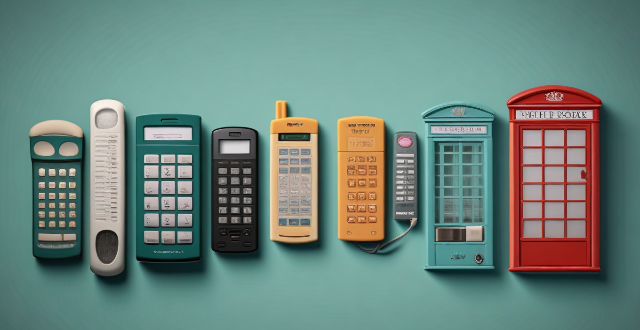In this article, we compare the costs of wireless phone chargers and traditional chargers. We discuss factors such as initial cost, compatibility, durability, and energy efficiency. While wireless chargers are generally more expensive than traditional chargers, they offer convenience and ease of use. It is important to consider these factors before making a decision on which type of charger to purchase.

Wireless Phone Chargers vs Traditional Chargers: A Cost Comparison
Wireless phone chargers and traditional chargers have become ubiquitous in today's world, with each having its own set of advantages and disadvantages. One of the key factors that many consumers consider when choosing between these two types of chargers is the cost. In this article, we will delve into the cost comparison between wireless phone chargers and traditional chargers.
Introduction
Before we dive into the cost comparison, let's first understand what wireless phone chargers and traditional chargers are.
Wireless Phone Chargers
Wireless phone chargers, also known as inductive chargers, use electromagnetic fields to transfer energy from the charging pad to the device being charged. This technology eliminates the need for physical connections, making it more convenient for users to charge their devices.
Traditional Chargers
Traditional chargers, on the other hand, use a wired connection to transfer energy from the power source to the device being charged. They typically come in two types: wall chargers and USB chargers. Wall chargers plug directly into an electrical outlet, while USB chargers connect to a computer or other USB-enabled device.
Now that we have a basic understanding of these two types of chargers, let's compare their costs.
Cost Comparison
When comparing the cost of wireless phone chargers and traditional chargers, there are several factors to consider:
Initial Cost
The initial cost of wireless phone chargers is generally higher than that of traditional chargers. This is because wireless charging technology is still relatively new and requires specialized components that increase the manufacturing cost. Additionally, wireless chargers often come with additional features such as fast charging, which further increases the price.
Compatibility
Another factor to consider when comparing the cost of these two types of chargers is compatibility. While most modern smartphones support wireless charging, not all devices do. If you have an older device that does not support wireless charging, you may need to purchase a separate receiver or adapter, which can add to the overall cost.
Durability and Longevity
Wireless phone chargers tend to be less durable than traditional chargers due to their exposed design and sensitive components. This means that they may require more frequent replacements over time, adding to the overall cost.
Energy Efficiency
Wireless phone chargers are generally less energy-efficient than traditional chargers due to heat loss during the charging process. This means that they may consume more power over time, resulting in higher electricity bills.
Conclusion
In conclusion, wireless phone chargers are generally more expensive than traditional chargers when considering factors such as initial cost, compatibility, durability, and energy efficiency. However, the convenience and ease of use offered by wireless chargers may outweigh the additional costs for some users. It is important to weigh these factors carefully before making a decision on which type of charger to purchase.